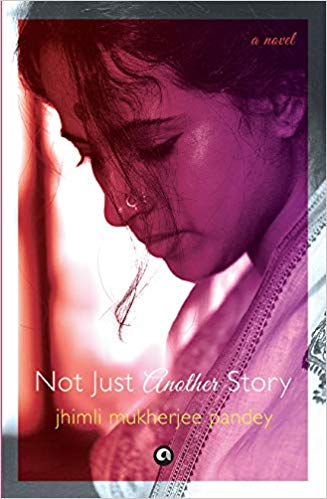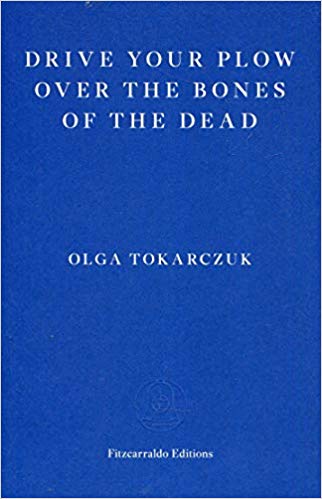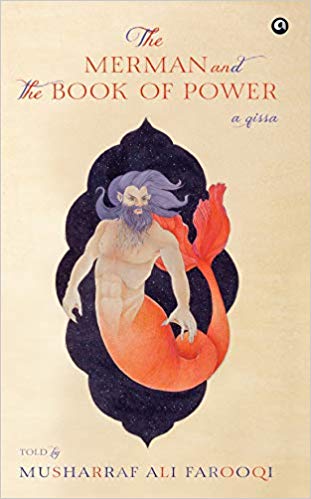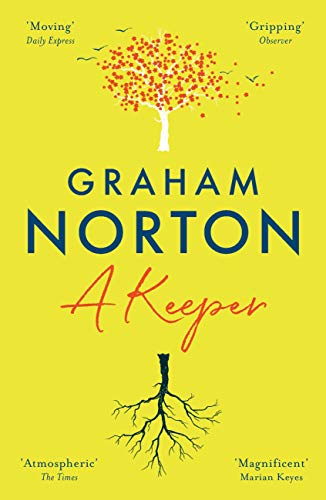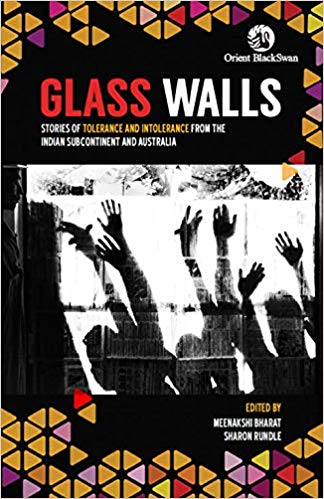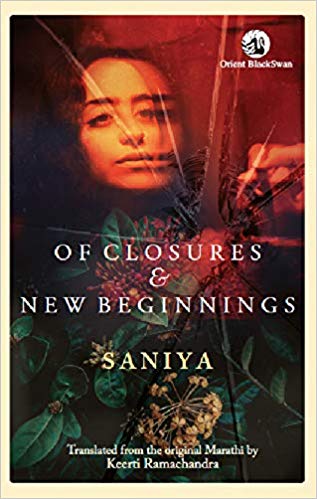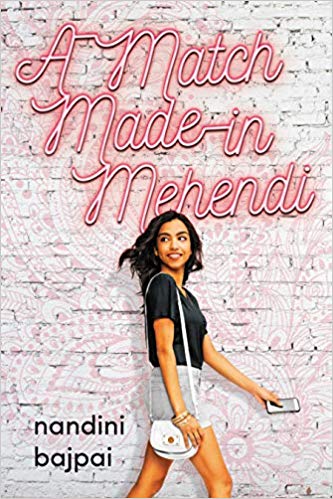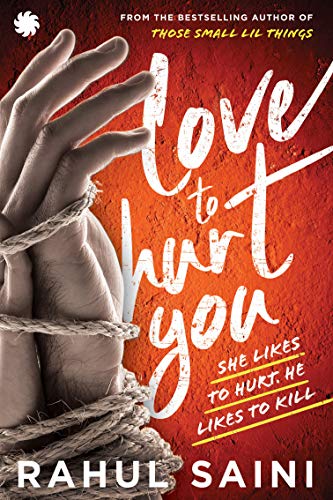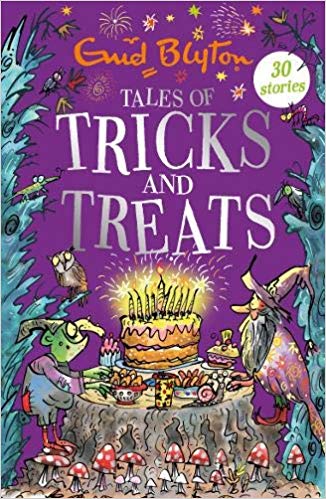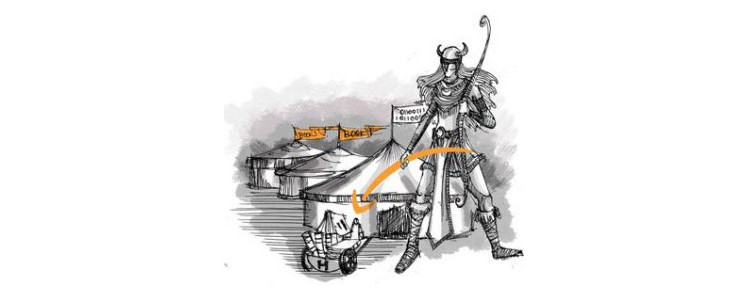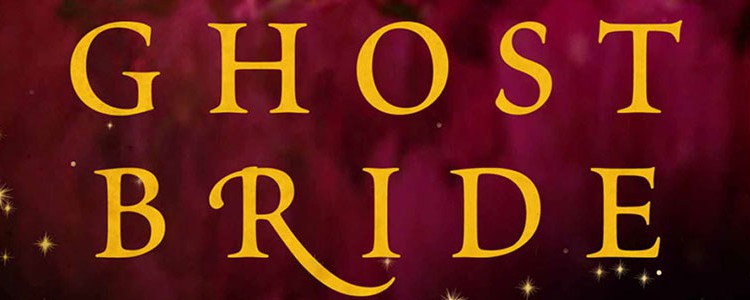Scholastic Writers Academy
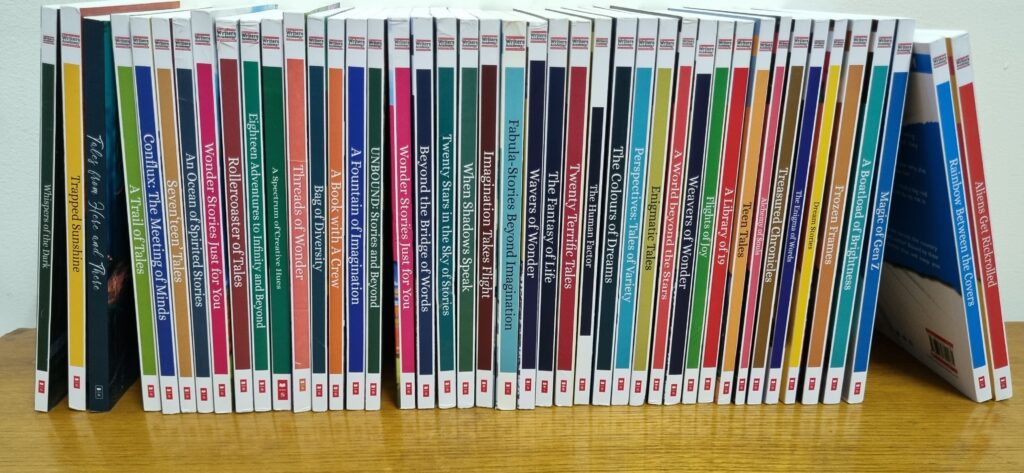
During the Covid-19 pandemic lockdown, Scholastic Writers Academy was launched. I conceptualised the programme for Scholastic India. These are online workshops of 20 hours, 10 days x 2 hours every day, except for the weekends and national holidays. Two hours of a mix of lectures, presentations, interactive sessions, writing on camera, one-to-one mentoring in breakout rooms and peer review. Every participant is expected to write a short story. Every workshop culminates in a published anthology of the short stories. It includes the mentor’s note.
The faculty of Scholastic Writers Academy are handpicked. They are inevitably folks who have a deep interest in literature and understand its nuances. Also, they are extremely kind, gentle, firm and have excellent mentoring skills when interacting with the school students. Our fabulous mentors include or have included in the past, Rahul Saini, Sucharita Dutta-Asane, Neil D’Silva, Harini Srinivasan, Priya Ranganathan, Ujwala Samarth, Madhumita Gupta, Sushmitha Talisetti, Saachi Gupta, Kanchana Banerjee etc.
In the short span since the workshops began ( June 2021) till date, we have mentored more than 1200 students and had more than 55 editions of the workshops. Scholastic India has been incredibly innovative and determined with its outreach efforts with schools. Also, using the social media platforms to promote this programme. As a result, we have had registerations from across India and even abroad — the USA, Middle East, and Singapore.
Most often the workshops are general and we encourage students to come up with their own story pegs and see it through. But we have also had thematic workshops on science fiction, horror, Nature, animals etc. The students are in the age range of 9 to 17+. We make batches of junior and senior.
The success of these workshops is incredible. And I am not saying it because I am part of the core team that works on it. It is the word-of-mouth success too. Students have registered for it not once but multiple times! They join the workshop with trepidation and nervousness. Some join because they have been encouraged to do so by their parents and schools. But within two days, the kids are yapping away happily to their mentor and with each other. Remember that these groups meet ONLY online. They do not know who will be in their batch from beforehand. They are complete strangers to each other. By the time the workshop is over, two weeks later, the children are a raucous bunch and share a special bonhomie. They do not want the classes to end. They leave on a high note. At the concluding session, parents tell us over and over again, how their children look forward to these sessions. They grin and are cheerful. They do not want to be disturbed. Even kids who are normally restless are at peace and disciplined about writing daily. They look forward to these interactions.
Later, they regroup for the official book launch. These are also held online on Scholastic India’s Facebook page. All the recordings of the past book launches exist on the page. There is a fixed format with Mr Neeraj Jain, Scholastic India, MD, the mentor, and a chief guest — inevitably this person is an educationist. It is such a thrill watching these virtual book launches. The children are animatedly chittering at meeting each other once more. Their eyes shine with delight at being able to hold their physical books aloft.
At the book launches, the children share the impact that these workshops have had upon them. It is not only that their writing skills have improved ( SWA does not teach grammar!). But it is the sudden realisation that with a bit of focus, discipline and determination they can create and be productive. They have learned to improve their social skills as they are forced to engage with the other participants. They have improved their vocabulary as they are encouraged to offer peer review in class. They realise that writing a short story is not as easy as it seems and they need ideas and vision. There are many other aspects that they touch upon but it is the massive confidence boosting measure that really astounds them. They discover aspects of themselves that they did not realise they had within them.
Registerations are open throughout the year. To register, please click here.
Every book that is published by Scholastic India as part of the Scholastic Writers Academy is available on Amazon India. In fact, schools buy entire sets of these books. And/or they prescribe individual copies as supplementary readers in their institutions. Libraries order multiple sets as everyone is very proud to see school children write imaginatively and spin stories and ultimately be published by a 102-year-old brand like Scholastic. The same publishing house that published Stephen King, Joyce Carol Oates, Andy Warhol, Sylvia Plath, John Lithgow, Robert Redford, and Truman Capote. It is also the publisher of Dav Pilkey, Liz Pinchon, and J.K.Rowling ( in the USA).
We have even launched an edition for adults — 18 and above. The inaugural workshop was very exciting and energetic.
Register and be published by Scholastic India!
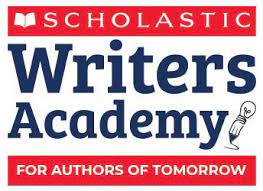
7 Feb 2023

